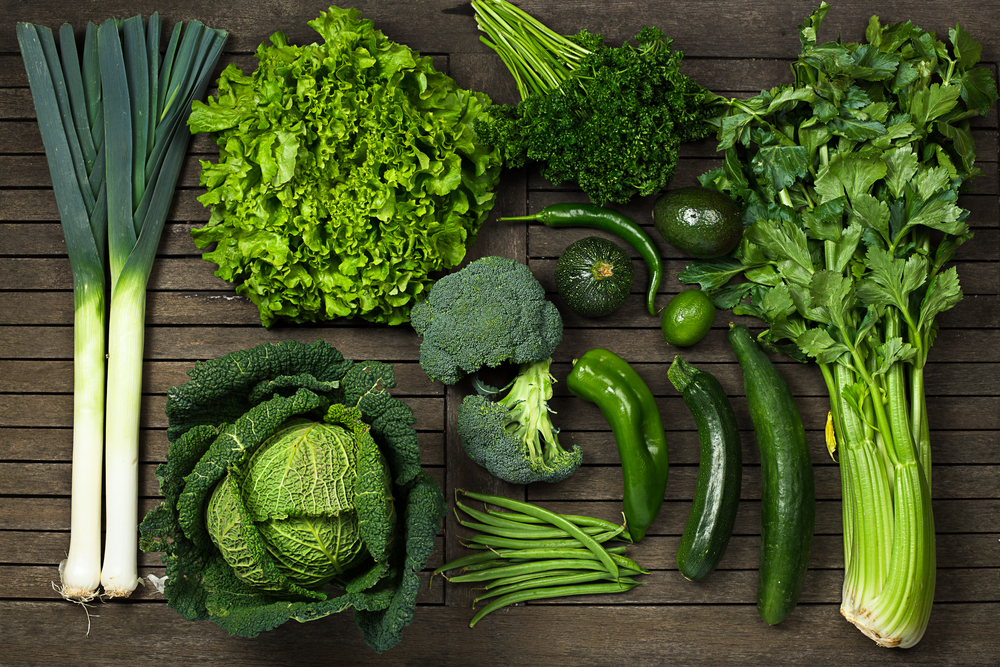Eat your greens, do not leave them out!
If you are familiar with this phrase, then you are in need to learn about the many health benefits of green leafy vegetables.
The vegetable sides of your delicious steaks that might look a bit dull to you are actually loaded with nutrition and vitamins that are necessary to improve health and promote well-being.
Let us educate you regarding the many green vegetable benefits that will convince you to add them to your meal plans.
Table of Contents
What are Leafy Greens?
Leafy greens are a common term used to describe those vegetables that have green leaves. From pot herbs to vegetable greens, green leafy vegetables are some of the most commonly consumed vegetables around the world.
Curious about green leafy vegetables. Well, worry not as we have compiled some leafy green examples for you:
- Spinach
- Iceberg lettuce
- Celery
- Parsley
- Kale
- Cabbage
- Collard greens
- Beet greens
- Bok choy
These above-mentioned foods are what are the answers to queries such as What are green leafy vegetables.
Leafy Green Examples
Green Leaf Vegetables – Prime Health Benefits
These are the most documented food options that are highly advertised as nutritious and full of minerals. Let us dig deep into the various leafy green vegetable benefits.
Protectors of the Eyes
Too much screen time or dehydration can lead to poor eyesight. Green vegetable benefits are that they help to slow down the progression of eye diseases such as
- Age-related macular degeneration
- Glaucoma
- Cataracts

Antioxidants as well as vitamins C and E, beta carotene, lutein, and zeaxanthin are some of the prominent nutrients in leafy greens. All these compounds help to keep eye health intact. According to research, women who are adapted to eat one serving of kale ( a well-known leafy green) suffer from 57% less chance of glaucoma as compared to those who are occasional eaters of kale.
Boost Up the Memory Game
No one is immune to the occasional blur every once in a day. But constant hiccups in memory might raise a red flag. That is when the leafy greens come to the rescue.
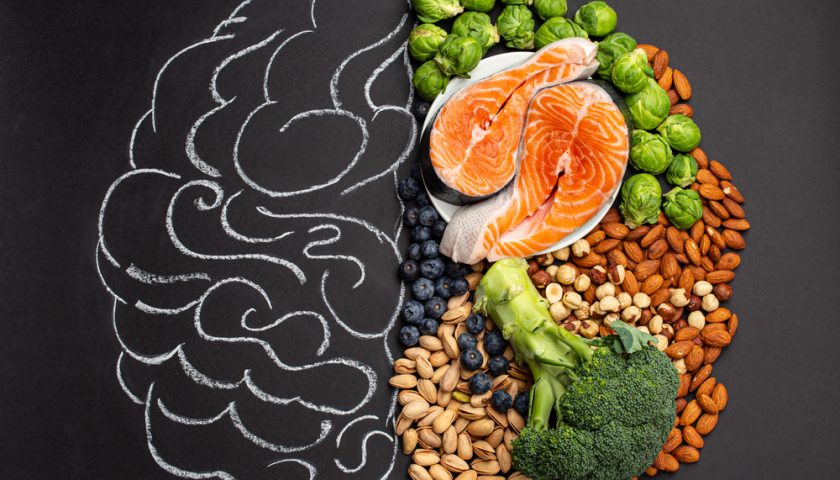
Leafy green vegetables are rich in folate, beta-carotene and vitamin K.
A recent study has also confirmed that people who eat two servings of green leafy vegetables are blessed with better cognitive functions and motor abilities. Beta carotene and folate help the nervous system to function better.
Guardians of the Heart
According to the cardiologist in Bajwa Hospital, potassium is required to maintain blood pressure. A moderate level of potassium promises good cardiac health.
In addition to potassium, leafy greens are also rich in folate and fiber. Fiber keeps cholesterol levels in check and also protects the body against stroke and reduces the risk of a heart attack.

Consumption of fast foods can increase the presence of free radicals in the bloodstream. These free radicals can then lead to a high risk of cancer or cardiac arrest. Therefore take a break from finger-licking stuff and try to add more greens to your food.
Defense Against Cancers
Looking for more reasons to eat leafy greens, then we are at your service.
A high rate of consumption of leafy greens can reduce the risk of various cancers such as bladder, breast, stomach, ovaries, and pancreas.
Leafy greens are rich in glucosinolates. Glucosinolates is a compound that is known for breaking the cancerous formations inside the cells.
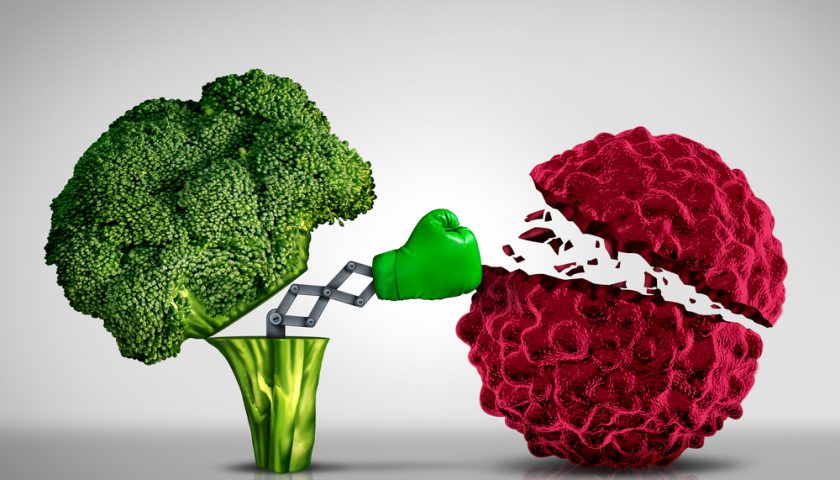
Another premium green leaf vegetable benefit is that it is rich in flavonoids and carotenoids. These compounds help the body develop immunity against cancerous compounds. Thus leafy green vegetables serve as the perfect candidate for a cancer-free diet.
Green Leaf Vegetables – Meet the Health Superstars
Although green leafy vegetables are one of the most commonly eaten varieties. But it is their nutrition profile that makes them the true barriers to good health. Let us discuss these health icons in detail one by one.
Spinach
You might have a true understanding of the health perks of spinach because of Popeye. But let us reassure you Popeye does not lie. Spinach or what you people might also known as palak is a fan-favorite leafy green vegetable that can be used in a variety of dishes such as soaps, smoothies, and salads.
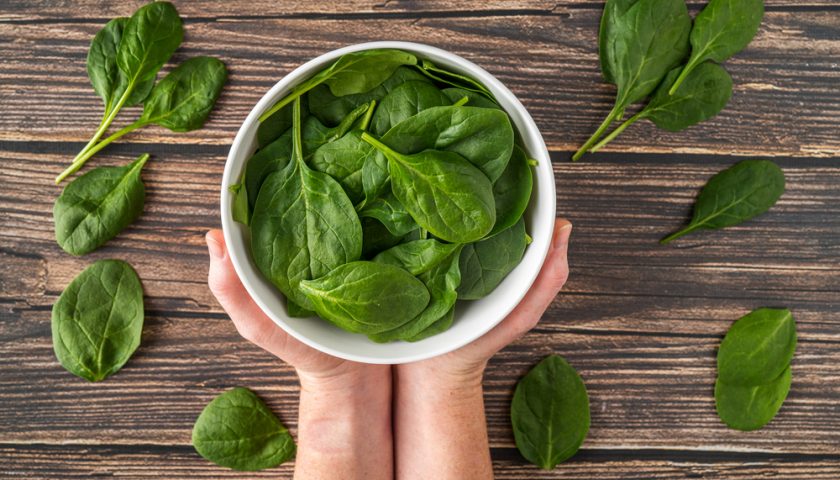
According to nutritionists, one cup of raw spinach is full of vitamin K and vitamin D.
A steady consumption of spinach is highly recommended especially during pregnancy. It is one of the most commonly recommended leafy green vegetables. It is also loaded with folate and thus is highly important for women’s health.
Cabbage
Another leafy green vegetable that is highly versatile and is used in a number of food options from burgers to salads is cabbage. Cabbage is a proud member of the Brassica family. It is the same family that boosts the other famous green leafy vegetables such as Kale, Brussels sprouts, and broccoli.
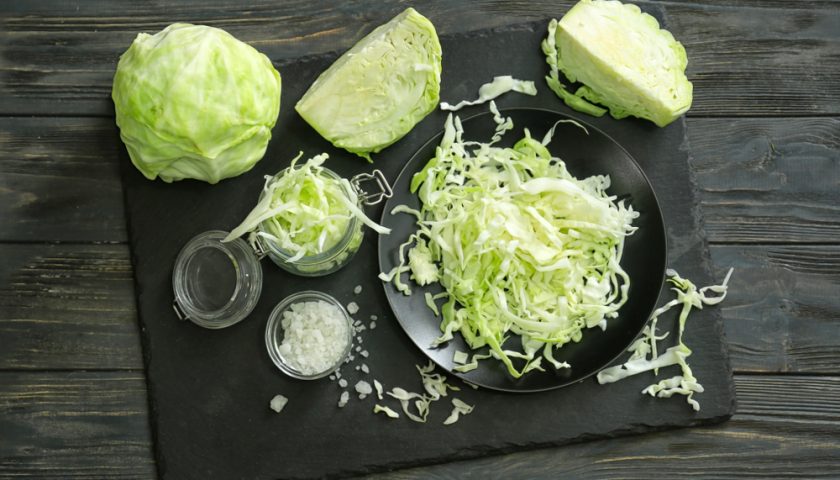
Dr. Kinza Khan, a qualified nutritionist based in Lahore, says cabbage because of its high glucosinolates is able to protect the body against free radicals. From improving your digestion to strengthening the immune system, cabbage does all the hard work for your body.
Kale
One of the famous ingredients of your salads that you might be familiar with is kale. Kale is a nutrient-dense vegetable that boosts a rich amount of vitamins and minerals.
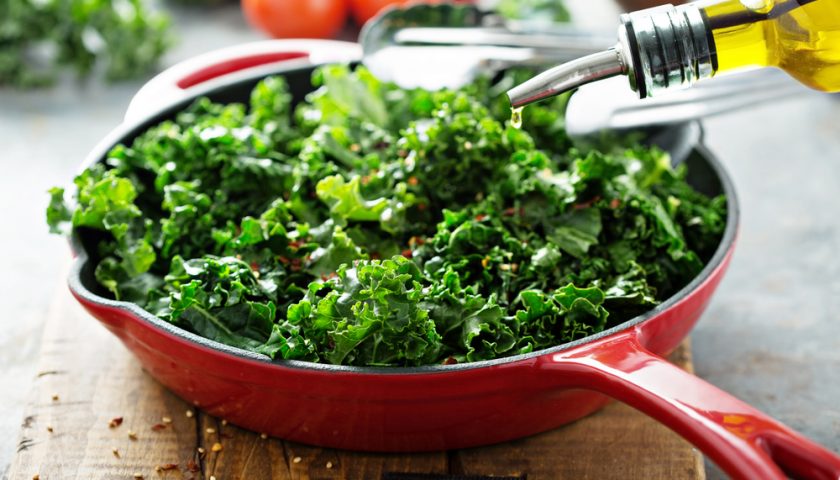
This leafy green vegetable hosts a dose of vitamins such as vitamin A, vitamin K, and vitamin C. In addition to all this, kale is also loaded with antioxidants as in lutein and beta-carotene. But doctors also say that you do not have to cook it because it reduces the nutritional profile of this leafy green.
Kale is also a good leafy green which is one of the strongest candidates for a diabetic diet.
Collard Greens
Ever came across leafy greens that taste a bit better? Well, that is collard greens. Collard greens boost a similar texture to spinach and kale.

These leafy green vegetables are a potentially good source of vitamin C and folates. In addition to all this collard greens are also loaded with iron and vitamin K. Vitamin K is known for its impressive role in blood clotting and bone health. It is also good for lowering the high bp.
Various studies have also commented that a suitable intake of vitamin K is necessary for reduced risk of fractures.
Leafy Greens – Nutritional Powerhouse
Leafy greens are natural reservoirs of nutrients and minerals that are needed by the body for better health and functions. Therefore, try to add more green vegetables to your food. They lead to reduced bloating, help the immune system to fight against bacteria, and promise good ovarian health in women.
If you need further consultation on the consumption of leafy greens you should contact the best nutritionists via Healthwire.
In the meantime, stay happy, and stay healthy!
